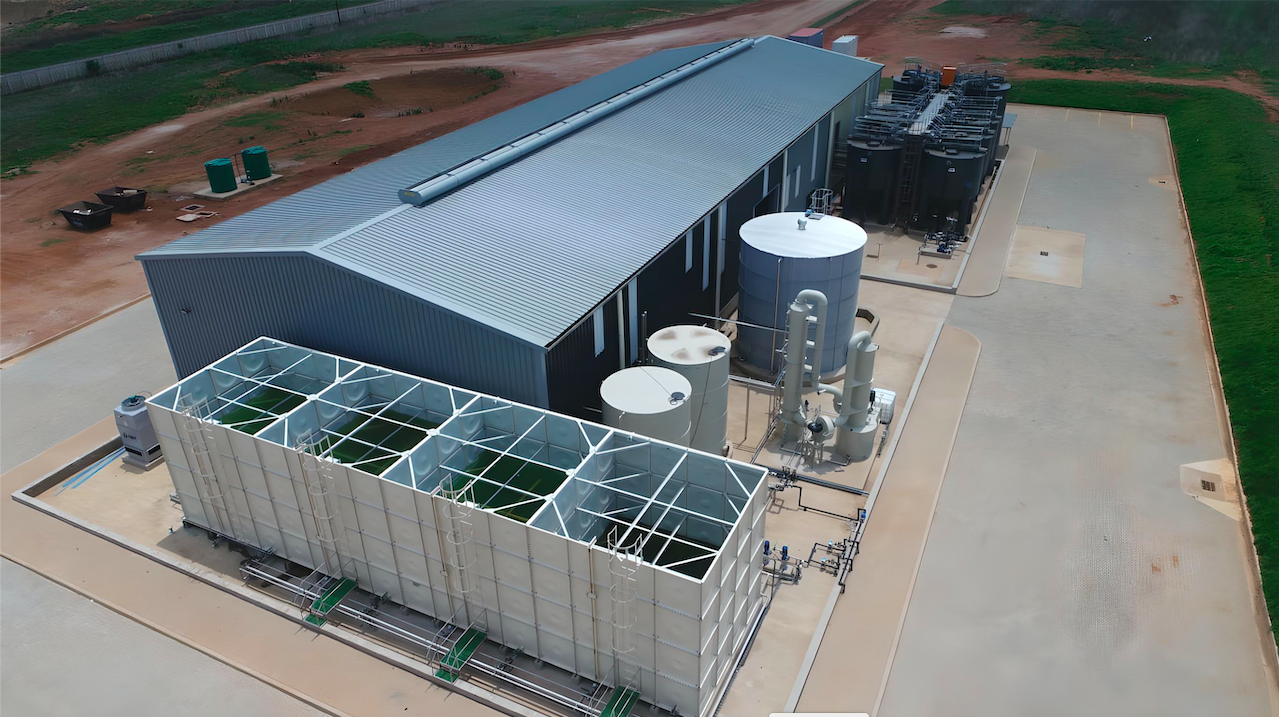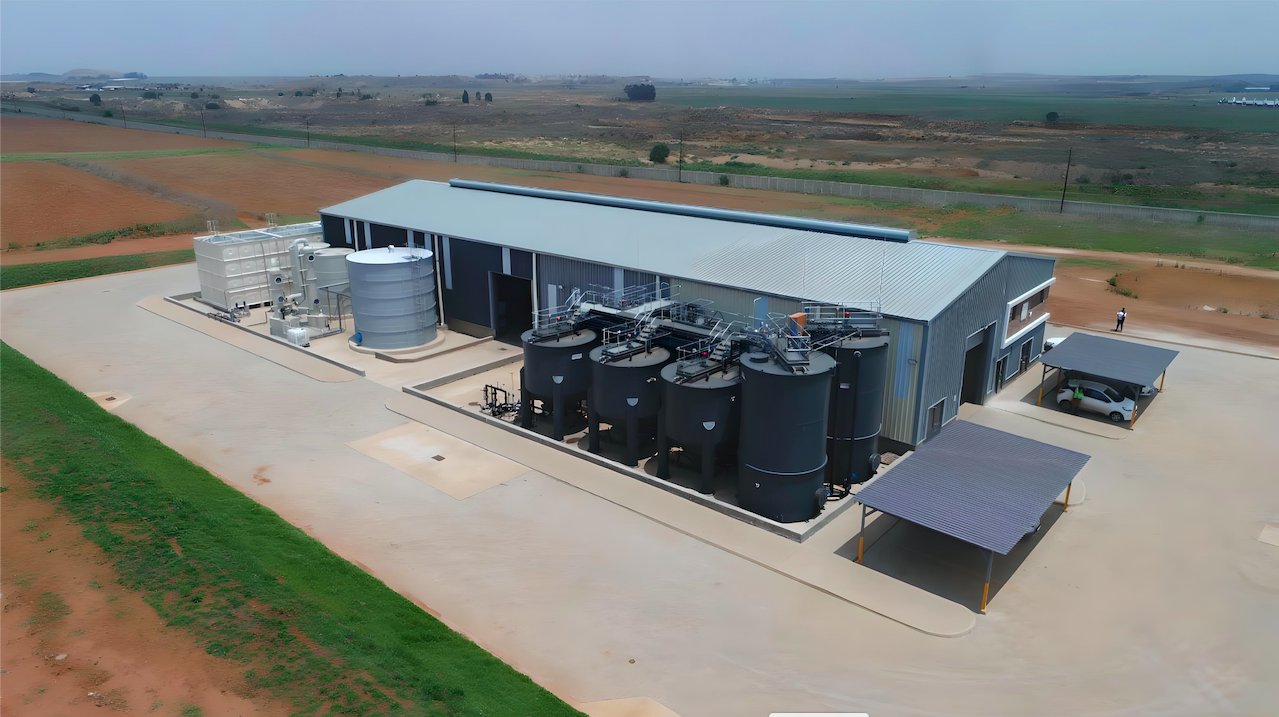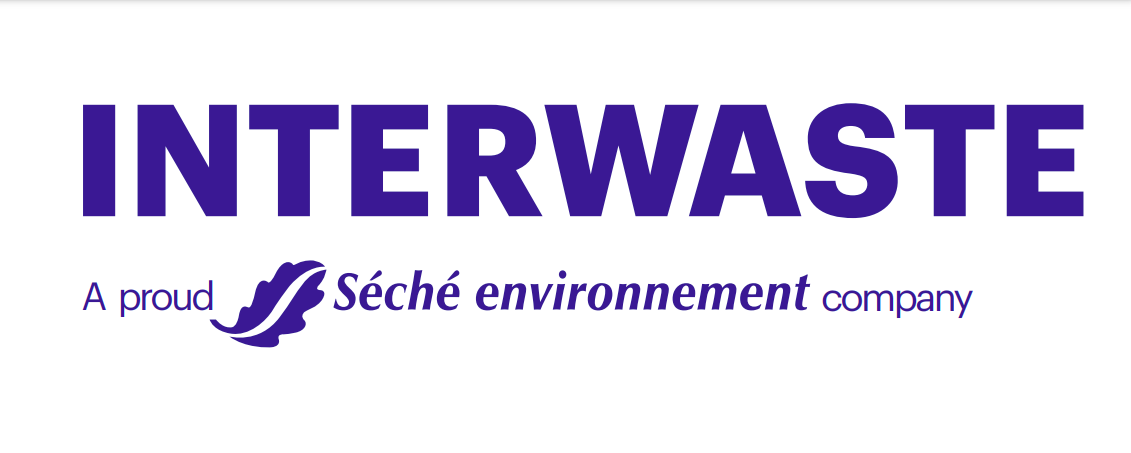A silent crisis is simmering and, unless action is taken now, South Africa will undoubtedly not be able to address the demand for water by 2030. Kate Stubbs, marketing director at Interwaste, a pioneering South African integrated waste-management services leader, confirms that with seven of the 13 major water systems in the country predicted to be in deficit by 2040, Day Zero may well come sooner than anticipated.
“We cannot ignore the statistic that we are wasting 36.8% of total municipal water before it reaches municipal customers. Even the National Water and Sanitation Master Plan indicates that the demand for water will exceed the available supply at the planned level of assurance between 1.6 billion m3 and 2.7 billion m3 by 2030. That is just six years away,” she says.
“If we want to reach a point where SA’s water needs are met, we need a much more diverse water mix, inclusive of groundwater and wastewater reuse, as well as the introduction of different technologies that will drive a supporting sustainable water supply.”
To do that requires the acceleration of the ecological transition to a circular economy, which is Interwaste’s approach with its clients, many of which comprise the industries that are the largest contributors to wastewater generation, such as mining, chemical, manufacturing and energy producers. “Many of these large consumers of water or wastewater producers have implemented – or have plans to implement – water reduction and reuse strategies,” says Stubbs. “They are driving solutions alongside us to ensure that the water they take out or put back, or at the very least put to good use, will reduce the reliance on fresh water. But we need to do more if we hope to see real, long-term water sustainability.”
What this proves is that there is a willingness to embrace the circular economy, says Stubbs. “But we face a conundrum where businesses, communities and some levels of government are still uninformed about the potential of well-managed, compliant and innovative waste-management solutions.
“To make a bigger impact we need to shift from the traditional linear production process of take-make-dispose, to one that aims to reduce all the unnecessary waste materials. Simultaneously we need to decrease the consumption of energy and raw materials and feed those back into the production cycle. This circular economy approach also needs to be embraced by corporates and the man in the street, to the level that wastewater treatment becomes the norm.”

This is why Interwaste’s holistic management approach is dedicated to shifting mindsets and developing bespoke solutions. “We understand the complexities around water preservation, management and reuse,
and have the skills and expertise to create a customised waste-management plan for a company’s specific needs. We develop strategies that ensure legal compliance, drive environmentally sound business practices, and provide guidance on how to minimise, reuse, recycle, handle, contain and dispose of all waste generated – not just water, which is one part of the waste cycle.”
Interwaste’s development of treating effluent for leachate and hazardous liquid waste types from industrial clients is a case in point. It responds to the legislative ban of liquid waste to landfill disposal. This system alone will recover 80% of the liquid for reuse in operations or the safe discharge and replenishment into the environment.
Effluent is of the greatest concern, according to Stubbs, yet nearly all effluent can be recycled. “When done properly it can create a strong solution for water sustainability and access. As a result, a large bank of water could become available for redistribution into the environment, if only for irrigation and dust suppression. But more, it can replenish our rivers and catchments in the water infrastructure networks that are compromised.
“It is astounding that so many of us simply take water for granted, and more so in a semi-arid country such as ours. Given the unpredictable nature of climate change and the increasing demands on limited water resources, the potential for water scarcity to become a severe crisis in South Africa unfortunately remains.”
It is staggering to realise that in order to reach the United Nations ’2030 Sustainable Development Goals related to water, an investment of some US$114 million per annum is required. “This is obviously not a one-man job,” says Stubbs. “Fundamentally, if we don’t work together to tackle both supply and preservation, we are set to lose the battle.
Contact details
Customer care: +27 (0)11 323 7300
Sales enquiries:+27 (0)87 803 0909
www.interwaste.co.za



